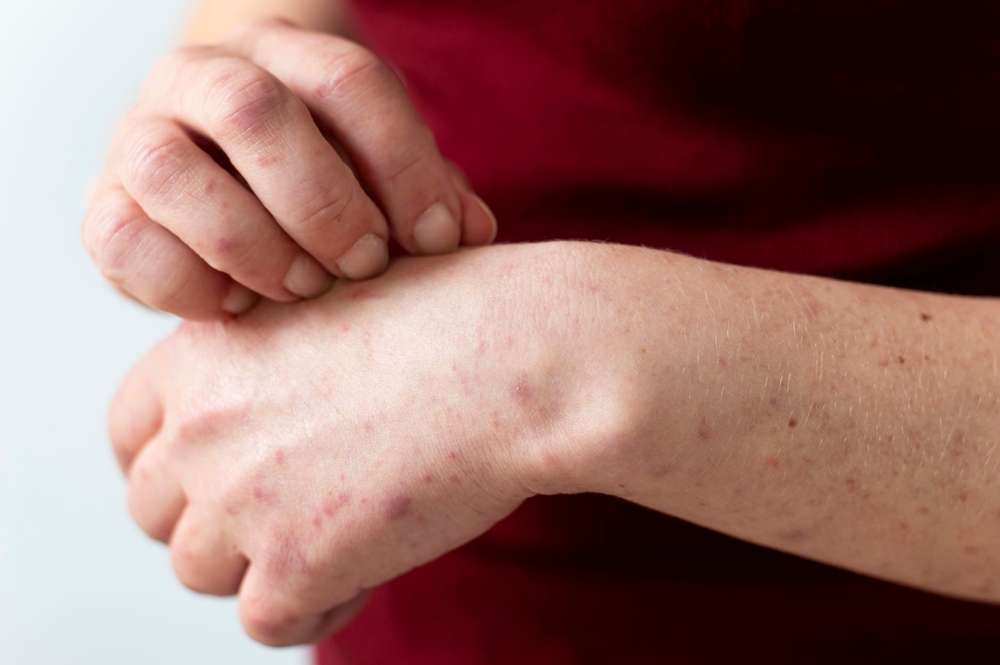Understanding Scalp Psoriasis and Its Treatment Options
Scalp psoriasis causes red, flaky patches on the scalp, often leading to itching and discomfort. Learn about effective treatment options, common triggers, and helpful tips for managing this chronic skin condition to improve overall scalp health and comfort.

What Causes Scalp Psoriasis to Develop?
Scalp psoriasis results from an overactive immune system that accelerates skin cell production. Instead of the normal 28-day cycle, skin cells mature in just 3-4 days, creating the characteristic buildup of scales. Genetics play a crucial role, with about one-third of people having a family history of the condition. The scalp’s unique environment, with its abundance of hair follicles and sebaceous glands, can make symptoms particularly noticeable and challenging to treat.
Environmental factors often interact with genetic predisposition to trigger the initial onset. Stress, infections, certain medications, and physical trauma to the scalp can all contribute to the development of psoriasis. Unlike dandruff or other scalp conditions, psoriasis typically produces thicker, more adherent scales with a distinct silvery appearance.
How Can You Identify Psoriasis Flare-ups and Common Triggers?
Recognizing psoriasis flare-ups and common triggers helps you take proactive steps to manage your condition. Flare-ups often begin with increased itching, followed by the appearance of red patches that develop thick, silvery scales. These patches may extend beyond the hairline onto the forehead, neck, or behind the ears. The scaling can range from fine to thick plaques that are difficult to remove.
Common triggers include stress, seasonal changes, hormonal fluctuations, certain foods, alcohol consumption, and smoking. Weather changes, particularly cold, dry conditions, often worsen symptoms. Some people notice flare-ups after illness, injury to the scalp, or when using harsh hair products. Keeping a symptom diary can help identify your personal triggers and patterns.
What Are the Most Effective Methods for Treating Scalp Psoriasis with Topical Therapies?
Treating scalp psoriasis with topical therapies remains the first-line approach for most patients. Topical corticosteroids are among the most commonly prescribed treatments, available in various strengths and formulations including shampoos, lotions, and foams. These medications reduce inflammation and slow skin cell production, providing relief from itching and scaling.
Coal tar preparations offer another effective option, particularly for long-term management. Tar-based shampoos and treatments help slow skin cell growth while reducing inflammation. Calcipotriene, a synthetic vitamin D analog, works well alone or in combination with corticosteroids. Salicylic acid products help remove scales and improve the penetration of other medications. Many topical treatments work best when applied to slightly damp hair and scalp, allowing better distribution and absorption.
How Do You Succeed in Managing Flakes and Itchiness from Psoriasis?
Managing flakes and itchiness from psoriasis requires a comprehensive approach combining medication with proper scalp care techniques. Regular use of medicated shampoos containing ingredients like ketoconazole, selenium sulfide, or zinc pyrithione can help control scaling and reduce secondary yeast overgrowth that may worsen symptoms.
Gentle removal of scales is important but should be done carefully to avoid injuring the scalp. Applying oil treatments, such as mineral oil or coconut oil, before shampooing can help soften thick scales for easier removal. Avoiding scratching, even when itching is intense, prevents further irritation and potential secondary infections. Cool compresses and anti-itch lotions containing menthol or camphor can provide temporary relief from intense itching episodes.
Why Is Gentle Scalp Care for Psoriasis Relief So Important?
Gentle scalp care for psoriasis relief forms the foundation of successful long-term management. Harsh scrubbing, aggressive brushing, or using products with strong fragrances and alcohol can worsen inflammation and trigger flare-ups. Instead, use lukewarm water when washing your hair and gently massage treatments into the scalp with your fingertips rather than your nails.
Choose hair products specifically formulated for sensitive scalps, avoiding those with sulfates, parabens, or artificial fragrances. Pat your scalp dry after washing rather than rubbing vigorously with a towel. When styling your hair, minimize the use of heat tools and avoid tight hairstyles that can pull on the scalp and cause irritation. Regular moisturizing with gentle, fragrance-free products helps maintain the scalp’s natural barrier function.
When Should You Consider Consulting a Dermatologist for Scalp Psoriasis?
Consulting a dermatologist for scalp psoriasis becomes essential when over-the-counter treatments fail to provide adequate relief or when symptoms significantly impact your daily life. Dermatologists can prescribe stronger topical medications, recommend systemic treatments for severe cases, and provide phototherapy options. They can also help distinguish psoriasis from other scalp conditions that may require different treatment approaches.
Professional evaluation is particularly important if you experience widespread scaling, signs of infection, or if psoriasis appears on other parts of your body. Dermatologists can develop personalized treatment plans combining multiple therapies for optimal results. They may recommend prescription treatments like topical immunomodulators, injectable biologics for severe cases, or newer targeted therapies that weren’t previously available.
Managing scalp psoriasis effectively requires patience, consistency, and often a combination of treatments tailored to your specific needs. While there’s no cure for this chronic condition, proper treatment and care can significantly reduce symptoms and improve your quality of life. Working with healthcare professionals and maintaining a gentle, consistent scalp care routine will help you achieve the best possible outcomes in managing your scalp psoriasis.
This article is for informational purposes only and should not be considered medical advice. Please consult a qualified healthcare professional for personalized guidance and treatment.




